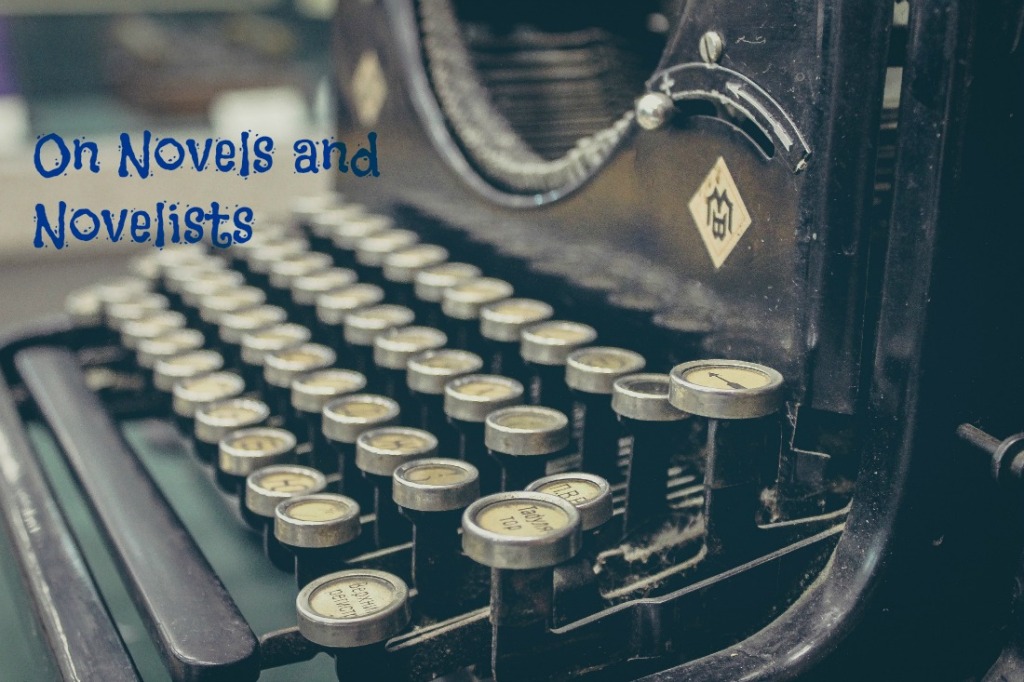Julianne Moore on Forging a Bond With Alzheimer’s Patients
Cara Buckley reports on how Julianne Moore prepared for her role in the film of Still Alice, a performance that won her an Oscar for best actress. Moore played Alice Howland, a Harvard cognifive psychologist with early-onset Alzheimer’s disease. (Early-onset Alzheimer’s is defined as onset before age 65.)
“Sill Alice” tells the story from Alice’s point of view. “This is very unusual,” Ms. Moore told the Bagger earlier this season in a phone interview, “because it’s from the inside out.” So, to know what having Alzheimer’s felt like, Ms. Moore said she dove into the world of people living with the disease.
With the help of Elizabeth Gelfand Stearns of the Alzheimer’s Association, Moore connected through Skype with women who had received diagnoses of early-onset Alzheimer’s. Moore also talked with a leading researcher at Mount Sinai Hospital and visited long-term-care facilities and support groups. One woman particularly affected Moore; although the woman could not speak, “she was beaming and clearly trying to connect”:
“That’s why it’s interesting that it’s called ‘Still Alice’ — this idea that your essential self does not disappear.”
Norman Mailer’s ‘Armies of the Night’ Set for Big Screen Adaptation
Norman Mailer‘s historical fact-based novel “The Armies of the Night” has been optioned for big screen adaptation by RadicalMedia.
Documentary filmmaker Joe Berlinger will direct a film based on Norman Mailer’s book The Armies of the Night, about the march from the Lincoln Memorial in Washington, DC, to the gates of the Pentagon in protest of the Vietnam War. Mailer’s book won both a Pulitzer Prize and the National Book Award.
The film will be shot documentary style with actors performing scripted action interspersed with news footage from the event.
Producers also promise that the seminal rock and folk music from the era will play a significant role in the film.
“Today, as we find ourselves in a new time of protests on the streets, and tensions in the air, I couldn’t imagine a more relevant time to bring Mailer’s vision of civil disobedience to the big screen,” said Berlinger. “To achieve this in a style honoring the way Mailer put his story into words is an amazing opportunity for any filmmaker, and my own deep roots in the cinema-verite movement of the 1960’s makes this opportunity all the more exciting for me personally.”
Here Are The 10 Movies ‘Mad Men’ Cast & Crew Were Required To Watch
As the concluding season of Mad Men approaches, the show’s creator, Matthew Weiner, prepares a showing in New York City of 10 films that were required viewing for everyone who worked on the show. These films all made a deep impression on Weiner and influenced the creation of Mad Men.
Read Weiner’s own descriptions of why these movies, some of which are available on Netflix or Amazon Prime, were seminal influences on Mad Men:
1. THE APARTMENT
Dir. Billy Wilder. 1960, 125 mins. 35mm print courtesy of the Packard Humanities Institute Collection at the UCLA Film & Television Archive. With Jack Lemmon, Shirley MacLaine.
2. NORTH BY NORTHWEST
Dir. Alfred Hitchcock. 1959, 136 mins. 35mm. With Cary Grant, Eva Marie Saint.
3. BLUE VELVET
Dir. David Lynch. 1987, 120 mins. 35mm. With Isabella Rossellini, Kyle MacLachlan, Dennis Hopper.
4. LES BONNES FEMMES
Dir. Claude Chabrol. 1960, 100 mins. 35mm. With Bernadette Lafont, Clotilde Joano, Stéphane Audran.
5. VERTIGO
Dir. Alfred Hitchcock. 1958, 128 mins. 35mm IB Technicolor print! With James Stewart, Kim Novak.
6. PATTERNS
Dir. Fielder Cook. 1956, 83 mins. 35mm. With Van Heflin, Everett Sloane, Ed Begley.
7. DEAR HEART
Dir. Delbert Mann. 1964, 114 mins. 35mm print courtesy of the Packard Humanities Institute Collection at the UCLA Film & Television Archive. With Glenn Ford, Geraldine Page, Angela Lansbury.
8. THE BACHELOR PARTY
Dir. Delbert Mann. 1957, 92 mins. Digital projection. With Don Murray, E.G. Marshall, Jack Warden.
9. THE BEST OF EVERYTHING
Dir. Jean Negulesco. 1959, 121 mins. DCP. With Hope Lange, Stephen Boyd, Suzy Parker, Joan Crawford.
10. THE AMERICANIZATION OF EMILY
Dir. Arthur Hiller. 1964, 115 mins. 35mm. With James Garner, Julie Andrews, Melvyn Douglas.
Joanna Trollope: ’You cannot be great novelist until after 35’
At the Emirates Airline Festival of Literature in Dubai, Joanna Trollope, age 71, advised writers:
“But I think in order to write good fiction, I think you need to have got a lot of living under your belt,” she said. “And that includes the pain as well as the joy.
”It’s a rather unkind thing to have to say, and I don’t mean it unkindly, but I always say to people you will write much better fiction after the age of 35 than before. Merely because life will have knocked you about a bit by then.
”I don’t mean it unlikely, I only mean it in terms of don’t be in a hurry.”
In this article Hannah Furness points out that some well known novelists fit Trollope’s description:
- Alexander McCall Smith, who published his first book at age 50
- Richard Adams, who wrote Watership Down at age 53
However, Furness points out, many authors contradict Trollope’s description:
- Jack Kerouac and F. Scott Fitzgerald, who each wrote his first novel in his early 20s
- Charles Dickens, who wrote Pickwick Papers at 26
- William Shakespeare, who is believed to have written his first play at about age 25
- Mary Shelley, who wrote Frankenstein at 20
Nonetheless, Trollope said that it is essential for writers to learn to understand other people’s motivations and to understand that “the suffering of other people is not negligible.”
“What I try to do is get inside head after head after head,” she said.

